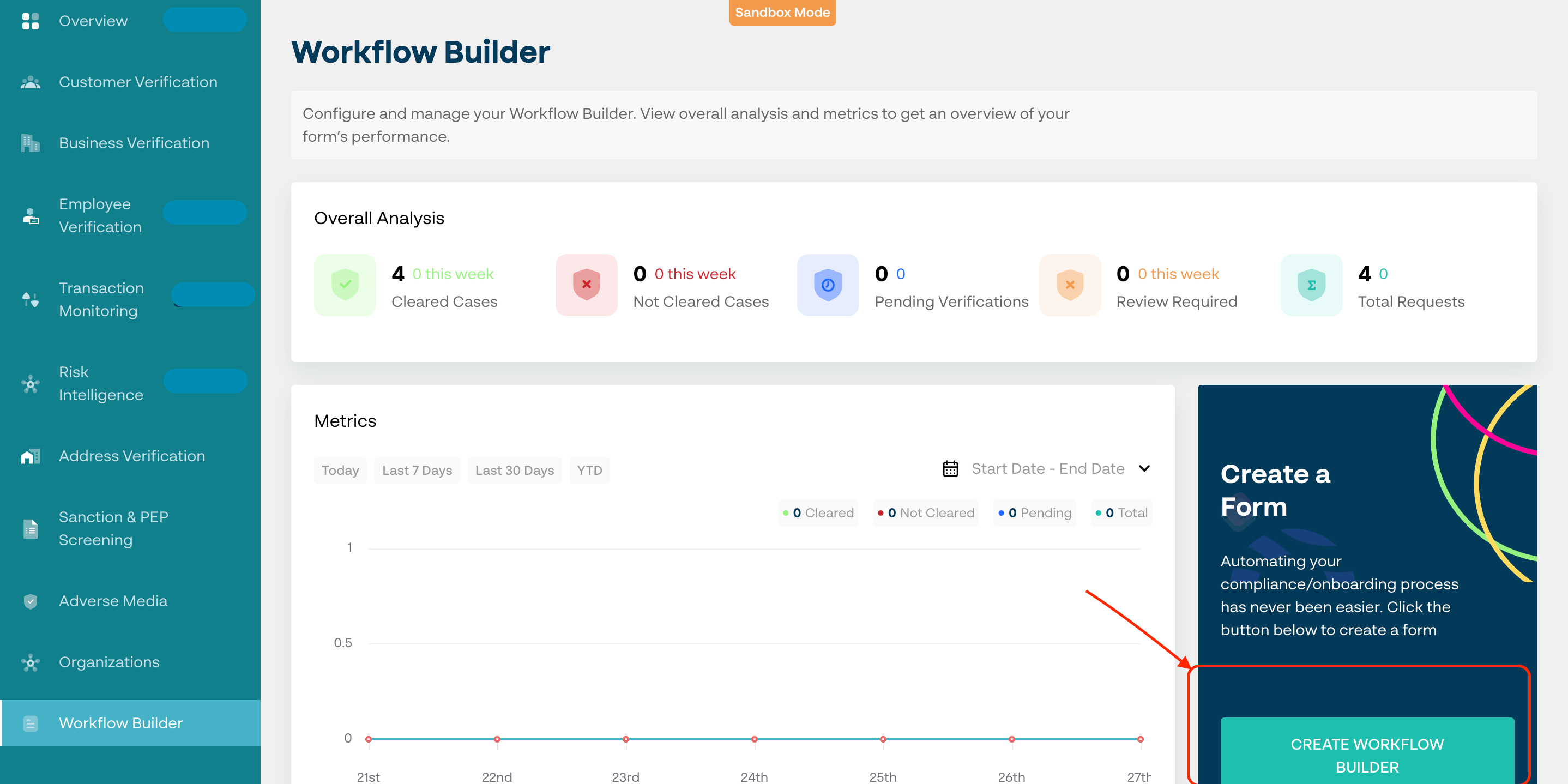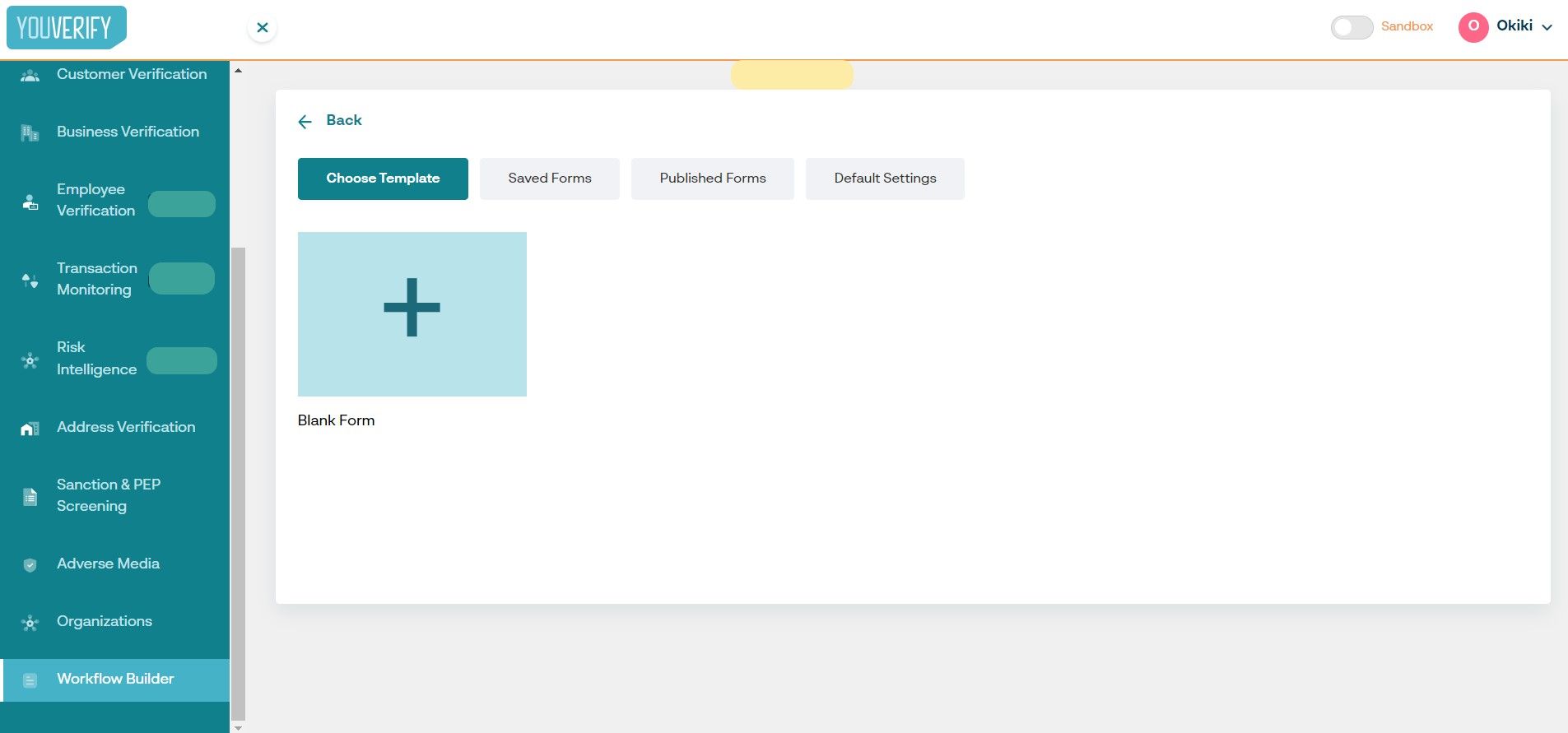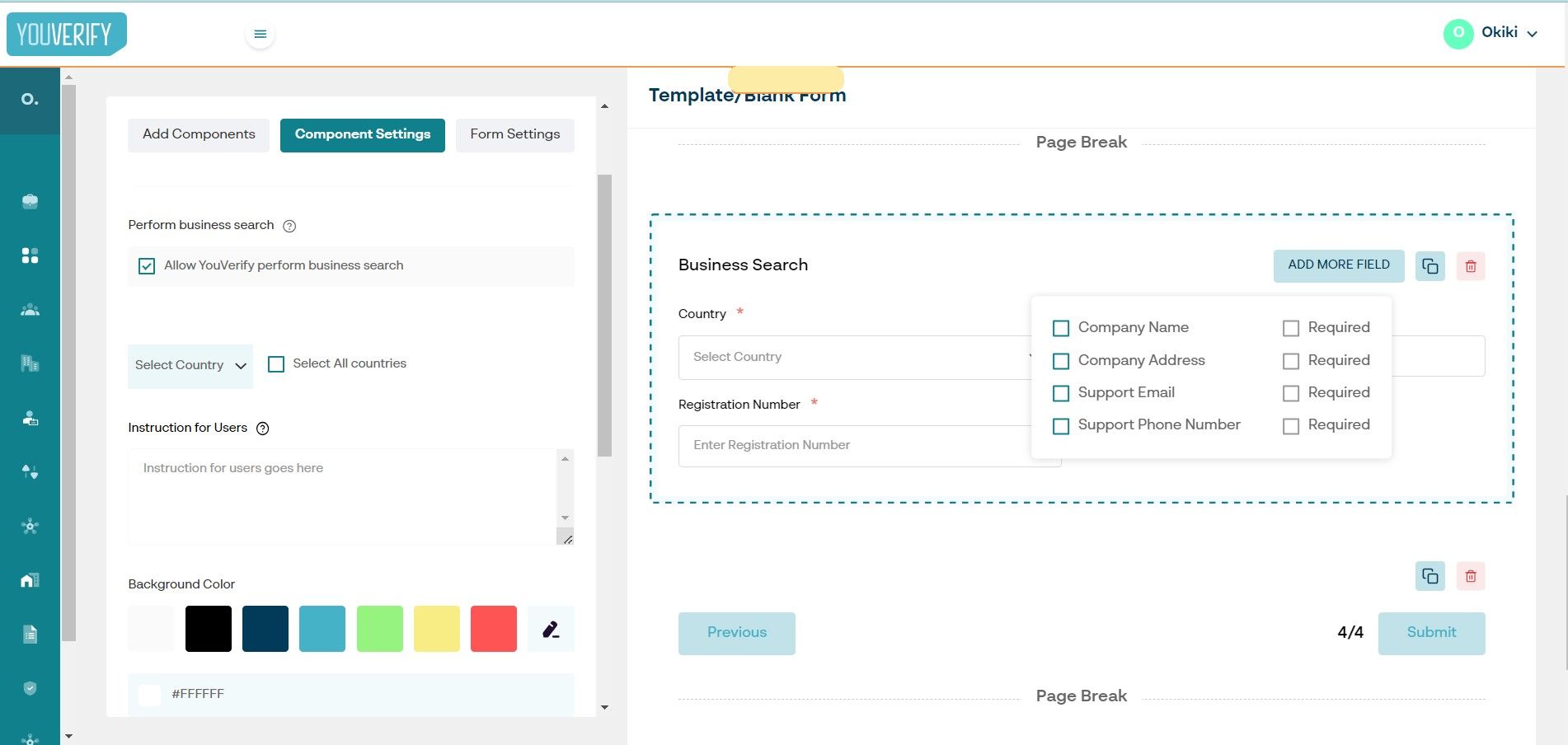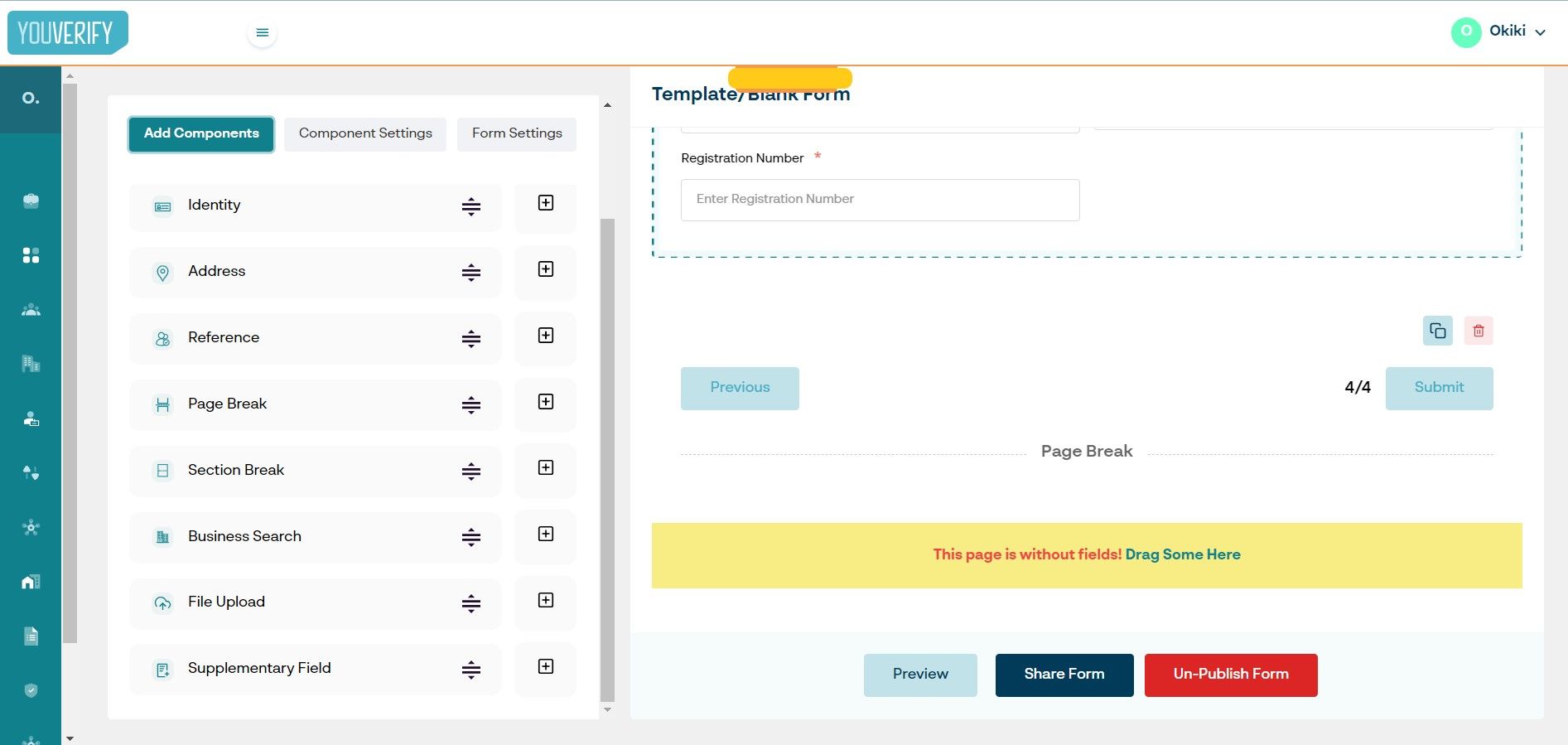In the fast-paced world of technology, compliance safety is a crucial aspect that tech businesses in the UK cannot afford to overlook.
Compliance safety refers to adhering to the laws, regulations, and standards set by the government to ensure the safety and security of individuals, data, and systems.
This guide aims to provide a comprehensive understanding of compliance safety for tech businesses in the UK discussing the key points businesses need to note.
You will learn the following:
- The importance of compliance safety for your tech business,
- The regulations you need to comply with,
- The challenges you may face, and
- The steps you need to take to ensure compliance safety in your tech business.
What Are The Importance Of Compliance to Tech Businesses in The UK?
Compliance safety is essential for tech businesses in the UK as it helps maintain the integrity of their operations, protects their customers' data, and ensures the safety of their employees. Compliance encompasses a wide range of regulations that govern various aspects of the tech industry, such as data protection, cybersecurity, workplace safety, and intellectual property rights.
By complying with these regulations, tech businesses can build trust with their customers, avoid legal penalties, and mitigate the risk of data breaches or other harmful incidents.
You can also read Ultimate Guide to KYC and AML Compliance
Why Tech Businesses in The UK Must Adhere to Compliance Safety Regulations
Tech businesses in the UK must adhere to several compliance safety regulations to operate legally and ethically. Some of the key regulations include:
1. General Data Protection Regulation (GDPR):
The GDPR sets strict rules regarding the collection, storage, and processing of personal data. Essentially GDPR strengthens individuals' rights over their private data.
Tech businesses must ensure that they have appropriate data protection measures in place, obtain consent from individuals for data processing, and have mechanisms for data breach notification.
2. Cybersecurity regulations:
The UK government has established cybersecurity regulations to protect against cyber threats and attacks. Tech businesses need to implement robust cybersecurity measures, such as firewalls, encryption, and regular security audits, to safeguard their systems and data.
3. AML Regulations:
In the UK, businesses are required to abide by several Anti-Money Laundering (AML) laws and regulations. The key AML laws that businesses should adhere to in the UK include:
i. Proceeds of Crime Act (POCA)
The Proceeds of Crime Act (POCA) is a comprehensive piece of legislation in the United Kingdom that was enacted in 2002. Its primary objective is to combat money laundering and confiscate the proceeds of criminal activities. POCA provides a legal framework to investigate, prosecute, and recover assets obtained through criminal conduct.
ii. The Fifth Anti-Money Laundering Directive (5AMLD) for the UK
The 5AMLD directive introduces strengthened CDD requirements, particularly for high-risk entities and politically exposed persons (PEPs). It emphasizes the need for a risk-based approach, enhanced monitoring, and ongoing due diligence measures among others.
iii. The Sixth Anti-Money Laundering Directive (6AMLD) for the UK
The 6AMLD provides a more exact definition of crimes and punishments, imposes criminal liability on legal persons and companies with harsher penalties, and requires businesses to cooperate in the prosecution of money laundering crimes. In https://www.signicat.com/blog/aml6-sixth-anti-money-laundering-directiveaddition, 6AMLD alerts businesses to cybercrime and the financing of terrorism, which they must protect their customers against. With the rise of drug and human trafficking crimes and organized crime groups, regulators must always stay up-to-date to prevent these crimes.
The Role of Government Agencies in Enforcing Compliance Safety
Government agencies play a vital role in enforcing compliance safety for tech businesses in the UK. The Information Commissioner's Office (ICO) is responsible for enforcing data protection regulations, including the GDPR. They have the authority to investigate data breaches, issue fines, and guide compliance.
The National Cyber Security Centre (NCSC) works to protect the UK against cyber threats and guides cybersecurity best practices. Additionally, regulatory bodies such as the Health and Safety Executive (HSE) monitor and enforce compliance with health and safety regulations.
Common Compliance Safety Challenges Faced by Tech Businesses in The UK
Tech businesses in the UK often face various challenges when it comes to compliance safety. Some common challenges include:
1. Keeping up with evolving regulations
Compliance regulations are constantly evolving to keep up with emerging technologies and new threats. Tech businesses must stay updated with the latest regulations and adapt their processes accordingly.
2. Resource constraints
Compliance safety requires dedicated resources in terms of time, money, and expertise. Smaller tech businesses may struggle to allocate sufficient resources to ensure compliance, leading to potential risks.
3. Complex supply chains
Tech businesses often have complex supply chains involving multiple vendors and partners. Ensuring compliance across the entire supply chain can be challenging, as each party must meet the necessary standards.
What Are The Steps to Ensure Compliance Safety in Tech Business
To ensure compliance safety in your tech business, follow these steps:
1. Conduct a Compliance Audit
Start by assessing your current compliance status. Identify the regulations applicable to your business and evaluate your compliance measures and processes.
2. Develop Policies and Procedures
Create comprehensive policies and procedures that align with the relevant regulations. These should cover data protection, cybersecurity, workplace safety, and any other applicable areas.
3. Implement Training Programs
Train your employees on compliance safety measures and ensure they understand their roles and responsibilities. Regularly update training programs to keep up with changing regulations.
4. Monitor and Review
Continuously monitor your compliance status and review your processes to identify areas for improvement. Regularly conduct internal audits and seek external assessments if required.
5. Seek Legal Advice if Needed
If you are unsure about any compliance requirements or face complex situations, seek legal advice from experts, like Youverify, specializing in compliance safety for tech businesses.
Compliance Safety Training and Certifications for Tech Professionals in The UK
Tech professionals in the UK can enhance their compliance safety knowledge and skills through various training programs and certifications. Some notable options include:
1. Certified Information Systems Security Professional (CISSP)
The CISSP focuses on various facets of information security, including compliance. It covers topics such as risk management, security policies, and legal regulations.
2. Certified Information Privacy Professional (CIPP)
The CIPP certification focuses on data protection and privacy regulations, including the GDPR. It provides in-depth knowledge of privacy laws and best practices for compliance.
3. Certified Information Systems Auditor (CISA)
The CISA certification is designed for professionals involved in auditing, controlling, and assessing information systems. It covers compliance, risk management, and governance practices.
The Cost of Non-compliance and The Benefits of Compliance Safety
Non-compliance with safety regulations can have severe consequences for tech businesses in the UK. According to the latest True Cost of Compliance report from LexisNexis Risk Solutions and Oxford Economics, UK banks, and Fintechs are spending £34.2 billion each year on Financial Crime Compliance (FCC).
The cost of non-compliance may include hefty fines, legal penalties, damage to reputation, loss of customer trust, and potential lawsuits. On the other hand, investing in compliance safety brings several benefits. It enhances the trust and confidence of customers, attracts potential investors, improves operational efficiency, and reduces the risk of security breaches or other incidents.
Recommended - Ultimate Guide to Building a Finance Startup In The US
Compliance Safety Best Practices for Tech Businesses in The UK
To ensure compliance safety, tech businesses in the UK should follow these best practices:
1. Stay Updated with Regulations
Regularly monitor regulatory changes and stay updated with the latest compliance requirements relevant to your business.
2. Create a Culture of Compliance
Foster a culture where compliance is a priority for all employees. Encourage open communication, provide training, and establish clear policies and procedures.
3. Conduct Regular Risk Assessments
Identify potential risks and vulnerabilities in your systems and processes. Regularly assess and mitigate these risks to maintain compliance.
4. Implement Strong Cybersecurity Measures
Invest in robust cybersecurity measures to protect your systems and data from cyber threats. These cybersecurity measures comprise firewalls, encryption, intrusion detection systems, and regular security audits.
5. Maintain Accurate Records
Keep detailed records of compliance-related activities, including training programs, audits, and incident response. These records can serve as evidence of compliance during regulatory inspections.
6. Automate Your Compliance Processes
Automating compliance processes offers numerous benefits to businesses, including enhanced efficiency, improved accuracy, better risk management, cost savings, scalability, and enhanced auditability. By embracing automation technologies, businesses can transform their compliance practices, reduce the burden on compliance teams, and ensure timely and accurate adherence to regulatory requirements.
Some of the benefits of Compliance Automation include:
a. Enhanced Efficiency
Automating compliance processes eliminates the need for manual, repetitive tasks, freeing up valuable time and resources. By leveraging technologies such as artificial intelligence (AI), machine learning, and robotic process automation (RPA), businesses can automate data collection, analysis, and reporting. This not only reduces the burden on compliance teams but also speeds up the overall process, enabling faster decision-making and response times.
b. Improved Accuracy
Human error is an inherent risk in manual compliance processes. Automating these processes significantly reduces the likelihood of errors, ensuring a higher level of accuracy and consistency in compliance-related activities. With automated data capture and analysis, businesses can minimize data entry mistakes, eliminate inconsistencies, and improve the reliability of compliance reports and documentation.
c. Enhanced Risk Management
Automation enables businesses to implement robust risk management practices. By integrating compliance rules and algorithms into automated systems, businesses can conduct real-time monitoring, identify anomalies, and flag potential compliance risks promptly. This proactive approach allows for timely interventions, reducing the likelihood of regulatory violations and associated penalties.
d. Cost Savings
Manual compliance processes can be resource-intensive, requiring significant manpower, time, and effort. Automation helps businesses reduce operational costs by optimizing resource allocation and minimizing manual intervention. By automating routine tasks, businesses can redirect their resources towards higher-value activities, such as strategic compliance planning, risk assessment, and proactive compliance measures.
e. Scalability and Adaptability
As businesses grow or enter new markets, compliance requirements become more complex and demanding. Automating compliance processes offers scalability and adaptability to meet evolving regulatory needs. Automated systems can be easily scaled to handle larger volumes of data, accommodate changing compliance requirements, and integrate with other business systems seamlessly.
f. Enhanced Auditability and Reporting
Automated compliance systems maintain detailed audit trails, providing transparency and traceability of compliance activities. This simplifies the process of internal and external audits, making it easier to demonstrate compliance with regulatory requirements. Automated reporting capabilities generate accurate and comprehensive compliance reports, reducing the time and effort required to compile and analyze data manually.
Achieving Compliance Automation with Youverify
Here is a step-by-step process on how businesses can automate their compliance processes with the Youverify workflow builder:
Step 1: Login to your dashboard and navigate to “Workflow Builder” at the left tab of your screen. Select create workflow builder on the bottom right as seen in the image below.

Step 2: You can either opt to choose an existing template by selecting “Choose Template”, Select a designed form draft in “Saved Forms”, copy a previously created and deployed form in “Publish Forms” or edit the template preferences in "Default Settings" tab.

Step 3: Select the solution components necessary for your business compliance needs as indicated in “1” and tailor the user onboarding flow to your preference.

Step 4: Customise individual components to your business brand feel including colours, logo, background, etc.

Step 5: Review to ensure it satisfies all the important needs in your onboarding and publish. You can proceed to share a link directly with customers.

Compliance safety is a crucial aspect for tech businesses in the UK to ensure the safety, security, and legal compliance of their operations. By understanding the regulations, challenges, and best practices associated with compliance safety, tech businesses can build trust with their customers. They can also protect their data and systems, and avoid potential legal and financial consequences.
To learn more about how you can automate your compliance for optimal operation and avoidance of potential legal and financial consequences contact us today for a demo.
Our team of experts will assess your organization's compliance needs and provide tailored recommendations for implementing the right compliance software. Don't let compliance be a burden on your business - let Youverify help you simplify and optimize your compliance management.